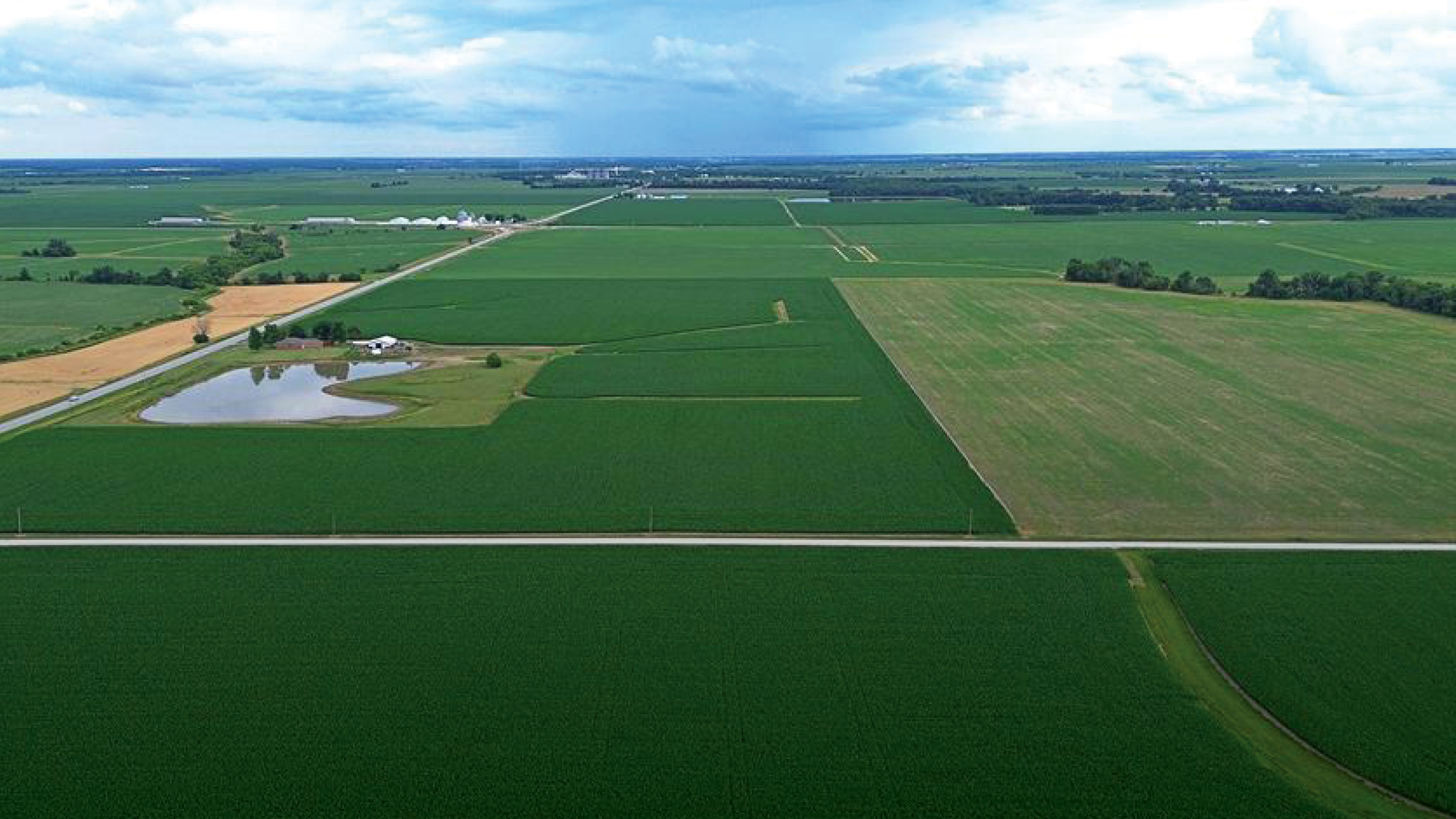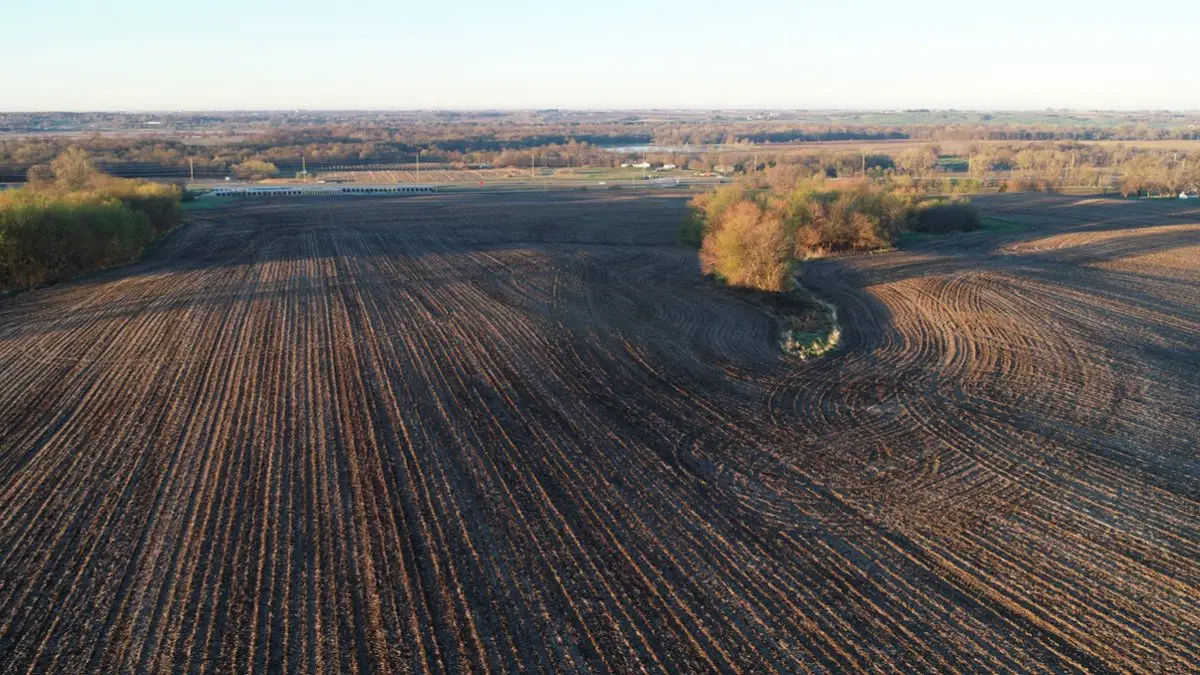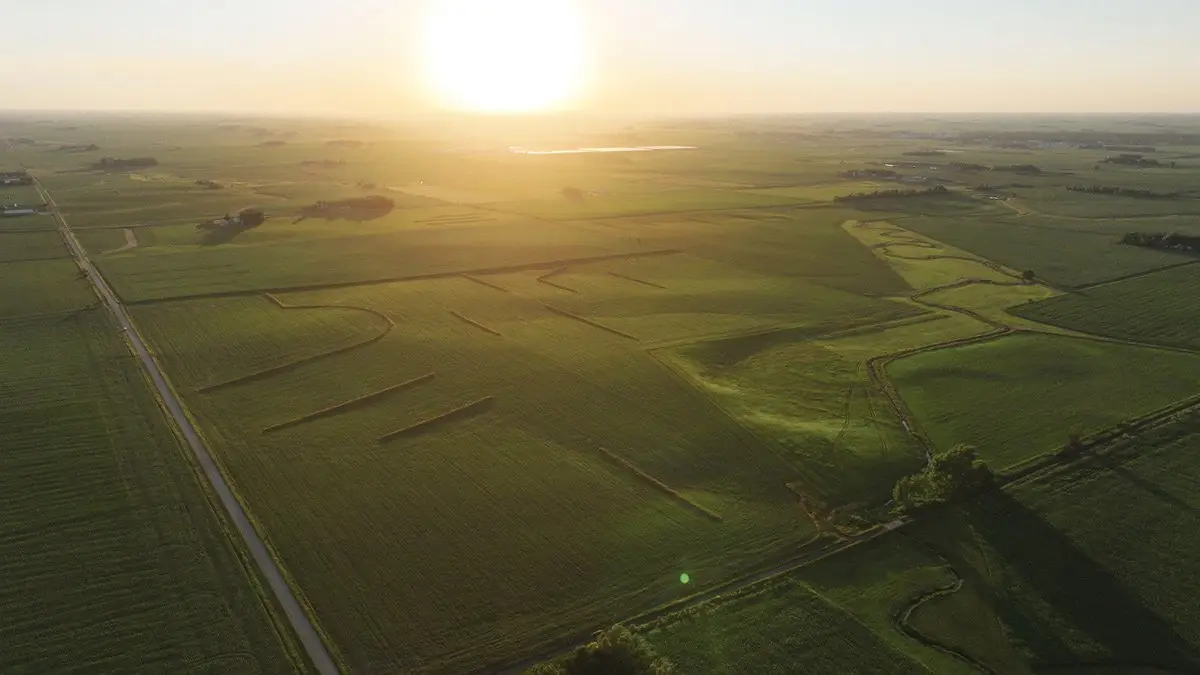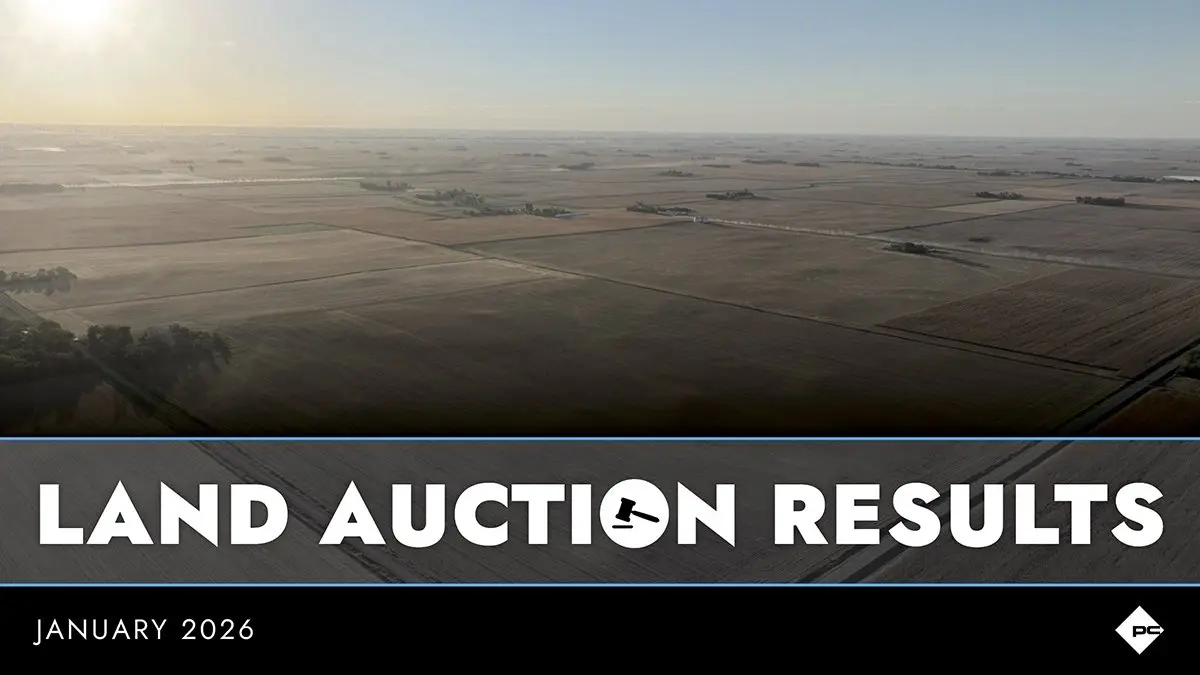
Photo Credit: Lindsey Pound
Sen. Booker Introduces Bill to Restrict Corporate Control of Farmland
Sen. Cory Booker, D-N.J., has introduced legislation that would restrict corporate ownership and leasing of farmland in an effort to better protect family farmers and rural communities.
"We must protect farmland from becoming an investment strategy for huge corporations and ensure independent family farmers are not locked out of opportunities to thrive," Mr. Booker said in a news release announcing the bill July 27. "This legislation is a crucial step in safeguarding rural America by ensuring that farmland remains in the hands of family farmers and is easier to acquire for those who dream of farming. For our domestic food security and the strength of our economy, we should prioritize the autonomy of rural communities and end speculative corporate investments that drive small farms out of business. " Read More
Impetus Slows for Higher Cropland Values, Says Ag Bankers
The farm real estate market was resilient in the face of higher interest rates and “some moderation” in the farm economy this spring, according to commercial lenders surveyed by five regional Federal Reserve banks.
The farm real estate market was resilient in the face of higher interest rates and “some moderation” in the farm economy this spring, according to commercial lenders surveyed by five regional Federal Reserve banks. The average value of non-irrigated cropland in the Farm Belt climbed 7% in the past year with gains as small as 2% in Iowa and as large as 23% in northern Indiana, said an Ag Finance Update.
“Growth in land values has eased from recent years but remained steady in most states and considerably stronger in some areas,” said the report, written by the Kansas City Fed and based on surveys of ag bankers by regional Feds in Chicago, Dallas, Kansas City, Minneapolis, and St. Louis. “The growth in farmland values has softened somewhat more for lower-priced land but a steady supply of land sales and strong demand from farmers likely supported broad resiliency of real estate values.” Read More
Inflation and Recession Pressures: Is Farmland a Good Investment Right Now?
The Federal Reserve is hosting its Economy Policy Symposium this week, which has all eyes on Jackson Hole Wyoming for further details on inflation, interest rates and if a recession is looming. But would a recession effect your operation the way you think?
According to Bruce Sherrick, professor at the University of Illinois, you might not need to worry about what inflation is doing to your farmland values.
“Farmland returns are very highly correlated with inflation,” Sherrick says. “Most importantly, it has a positive correlation with inflation.” Read More
USDA Cash Rent, Land Value Numbers Released
In 2023, land values and cash rent are on the rise, according to updated data released by USDA National Agricultural Statistics Service (NASS).
In addition to the Cash Rents survey, USDA released its annual Agricultural Land Values report, which includes state and region average value per acre for farm real estate, irrigated and non-irrigated cropland and pastureland. Both reports revealed higher cash rents and land values across the United States.
CASH RENTS BY STATE
Nationally, farmers paid an average cash rent of $237 per acre for irrigated cropland in 2023, up from $227 in 2022, according to the cash rent database released by USDA NASS. The highest cash rent cost per acre for irrigated cropland is in California, averaging $486 per acre, followed by Hawaii at $452 and Washington at $440 per acre. Read More








